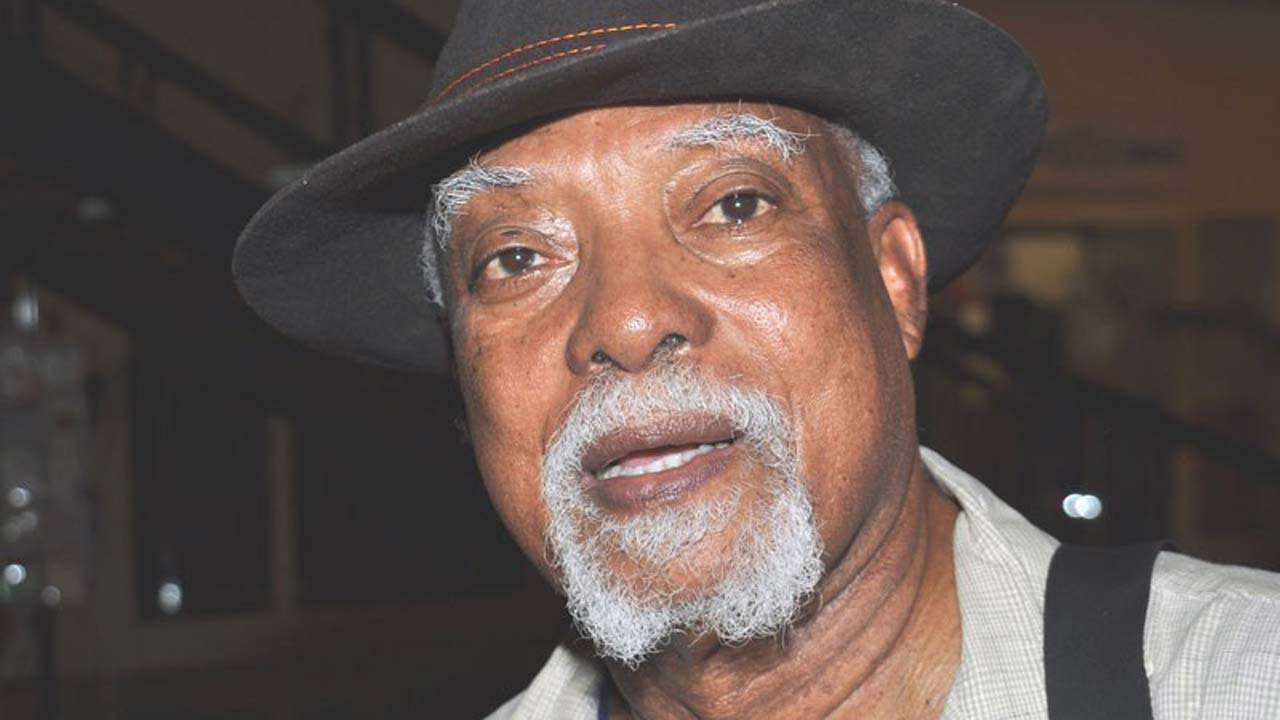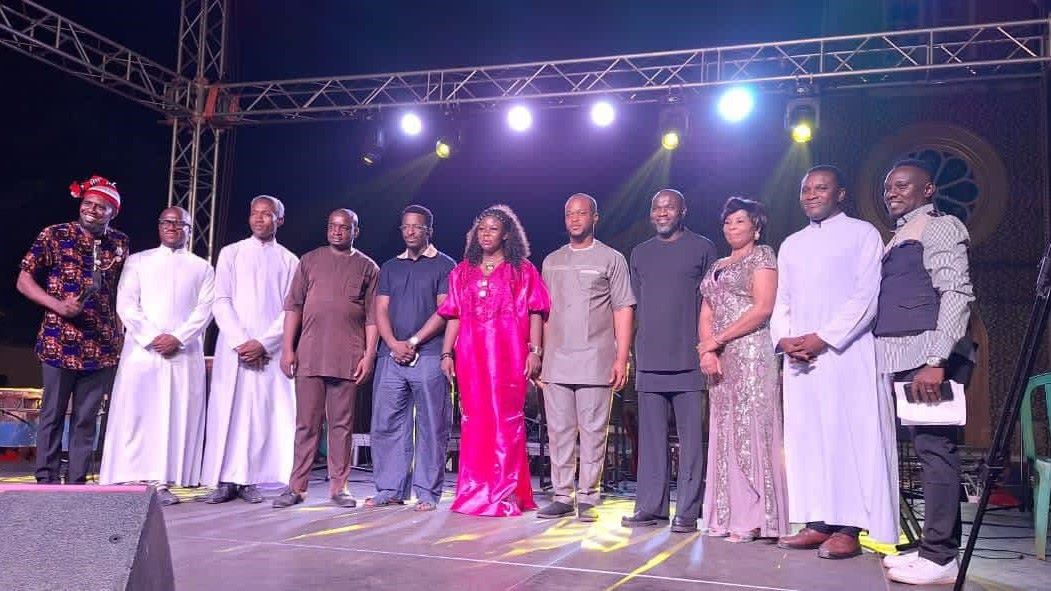
His Royal Majesty King Bordillon Oko XXVIII, Amanyanabo of Kula Kingdom in Rivers State faces many challenges in his ancient fiefdom, which is one of the oldest communities occupied by people of the Kalabari ethnic nationality. Although experts in Nigeria’s ancient history hold various views on the true age of the coastal kingdom the traditional mythology kept alive by the family of the founder maintains that the people have occupied the territory for nearly a thousand years. The legitimacy of the present holder’s claim on the title of the ancient throne has been challenged in court by some of his own subjects but no one denies that he is a descendant of the founder. It was my interest in the story of the founding of the kingdom that first drew my attention to the territory but getting there was not easy. At first I was told that I would have to be willing to travel for several hours by boat through some of the remotest riverine routes in the Niger Delta if I really wanted to get to what might be the most isolated city in Nigeria.
As I pursued this interest I began to hear news about the operations of the Shell Petroleum Development Company in the area and this whetted my appetite for a visit to this mysterious kingdom. I met King Bordillon in Port Harcourt about a year ago and told him of my wish to travel to his home, and it was then that he told me the story of the disappointment and distress that his people felt as a result of the presence of the oil giant in their midst. The issue touched the king in particular because he was one of the co-signatories of the original Memorandum of Understanding that defined the terms of cooperation between the people of Kula Kingdom and Shell. I decided to visit Kula without actually informing the King or any of his counselors when I was ready because I did not want any special arrangements to be made. I wanted to find the truth instead of being presented with a prepared or scripted demonstration.
Travelling to Kula was one of the most remarkable journeys that I have made in a life of many remarkable journeys. The beauty and refreshing atmosphere of this part of the Niger Delta reminded me of how much Nigeria is losing by treating one of the world’s largest deltas as a no-go area because of the presence of oil. If the Niger Delta was truly regarded as a destination for visitors rather than as a place to ignore except as a mineral producing territory Nigeria would have one of the most buoyant tourism industries in the world.
A scene on the way to Kula: the beauty of the terrain is hardly ever seen by outsiders.
On the weekend that I turned up in Kula after a long boat ride from Abonnema Waterside the funeral of a legendary community leader was taking place. King Bordillon was in town and when he saw me and my colleagues Emmanuel Kalio and Tubus Sabi he was surprised but happy that at last according to him we had decided to heed his invitation. He called a meeting of his counselors and aides that very evening and took us to what he said is the ancestral shrine of all the descendants of the founder of the kingdom. There he poured libations before an altar and then pronounced that I was welcomed, and approved as a friend of Kula Kingdom, by the spirit of the founder. From that moment until we left a day later his hospitality was boundless and when we visited Belema (one of the fourteen traditional settlements that make up the kingdom) to see the women and children who have occupied the flow station there for the past eight months I realised that what we were witnessing is a new order of community empowerment. It is not young militants alone who are inspiring resistance to unfair exploitation in the communities of the Niger Delta; even the ancestral spirits are up in arms. That is the lesson that I have learnt from my journey to Kula.






